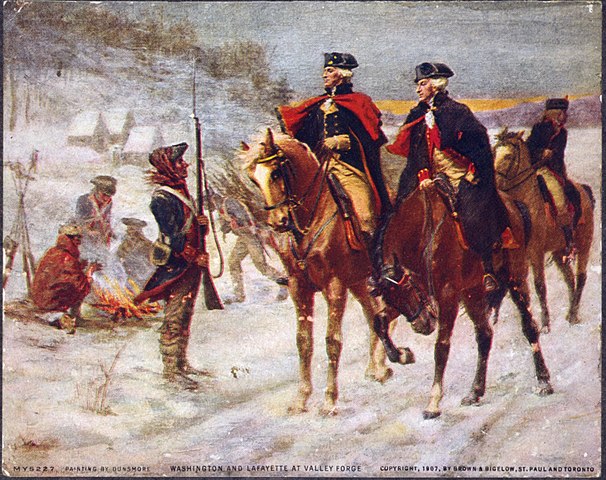Industry News
Using French and British English to Classify Imports
TweetApr. 12, 2024
By:
Pietro N. Bianchi
On 10 April 2024, the Court of International Trade held in Blue Sky the Color of Imagination v. United States, Slip Op. 24-42, that desk calendars and planners are classified under 4820.10.2010 as diaries. The desk calendars and planners subject to the case were spiral bound notebooks that included full month page calendars followed by weekly sections that included space to write notes and a few additional pages for address and phone numbers, notes, and goals. Customs had classified the goods as other paper products of heading 4820 despite Blue Sky’s protest that the goods should be classified as calendars.

The classification disagreement is pretty typical. The importer has analysed the issue one way, Customs another. However, Blue Sky is interesting because of the court’s analysis of those claims. After unravelling both parties’ arguments, the CIT held that the desk calendars and planners should be classified as diaries specifically based on the British English definition of “diaries,” as well as the meaning of the equivalent French word. That is unusual in classification cases.
The CIT noted that the United States’ intent in adopting the harmonised tariff system was “to implement in United States law the nomenclature established internationally by the [Harmonized Commodity Description and Coding System] Convention.” The Convention was drafted in British English and French. So, the CIT reasoned that it should use British English and French nomenclature absent evidence that Congress intended to alter the meaning of a harmonised tariff system term. An example given of Congressional intent to change the nomenclature was “lorries” being changed to “vehicles” for several goods of heading 8705. In the court’s analysis, extra weight should be given to the British English term when the French equivalent can be read in agreement.
While in American English a “diary” refers mainly to a retrospective journal, the CIT found that in British English diary also refers to a prospective scheduling device. Further, the French equivalent to “diary” in the nomenclature, “agenda,” refers to “registers, a notebook with a calendar and in which one writes for each day what one proposes to do” and “appointment book.” Finding that Blue Sky’s desk calendars and planners were notebooks “in which you write things that you must remember to do,” the CIT determined that the products were diaries under the British and French nomenclature of the word, and consequently should be classified as such.
While the court’s analysis is explicit about the use of British English and French meanings of terms, the reality is that American classifiers already use British English meanings in a variety of provisions; think braces and brassieres of heading 6212. This case identifies a provision that is not, on its face, differently used across the Anglophone world. However, once that ambiguity is identified, the analysis is not unusual. The harder question is whether the French should be the language of Paris, Brussels, or Geneva (to the extent they differ). We have a feeling the French, Belgians, and Swiss may disagree about that (and don’t ask la Francophonie).
If you have questions about tariff classification do not hesitate to contact an attorney for counselling at Barnes Richardson, & Colburn LLP.
